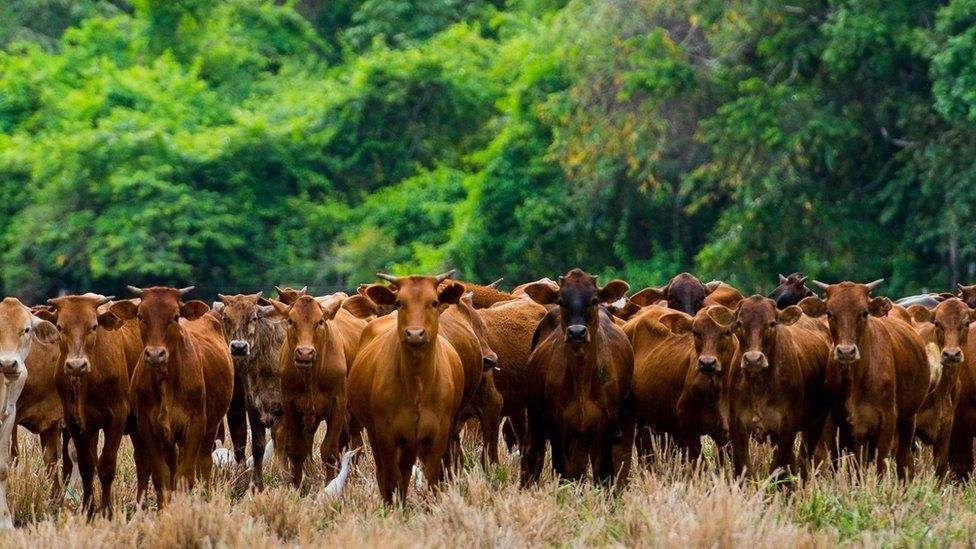Climate negotiations in Glasgow began on Monday with leaders from more than 100 nations committing to ending deforestation by 2030, including Brazil, China, and the United States. They want to conserve forests that are critical for absorbing carbon dioxide and lowering the rate of global warming.
As stated in the nations’ joint statement, the promise will need “transformative additional action,” and it will be followed by a number of measures designed to assist in putting it into practise. Some environmental advocacy organisations, however, have criticised them for lacking teeth, claiming that they would enable deforestation to continue.
President Biden and the president of Indonesia, Joko Widodo, were expected to attend a ceremony on Tuesday morning in which Prime Minister Boris Johnson of the United Kingdom was supposed to announce the deforestation accord.
To safeguard and restore forests in a variety of methods, governments offered $12 billion, with private sector pledges totaling $7 billion, including $1.7 billion for Indigenous peoples. In addition, more than 30 financial institutions have pledged to refrain from investing in firms that are involved in deforestation. A new set of principles lays out a road forward in the effort to eliminate deforestation from global supply chains.
In a statement, Frances Seymour of the World Resources Institute, a research organisation, stated, “While the financial promises we’ve heard in Glasgow are encouraging, they remain minor in comparison to the vast corporate and governmental flows, typically in the form of subsidies, that fuel deforestation.”
The vow comes amid increased recognition of the importance of nature in addressing the climate issue, something that the United Kingdom has attempted to emphasise at the United Nations climate meeting, known as COP26. Intact forests and peatlands, for example, serve as natural carbon sinks, storing carbon and keeping it locked away from the rest of the environment. However, when these places are logged, burnt, or drained, the ecosystems shift to a state of releasing greenhouse gases into the environment.
The importance of healthy forests extends well beyond carbon sequestration. They filter water, cool the air, and even produce rain, which helps to sustain agriculture in other parts of the world. They are critical to the long-term survival of biodiversity, which is experiencing its own crisis as extinction rates continue to rise.
Efforts to conserve woods in the past have been unsuccessful. Although one initiative recognised by the Paris Climate Agreement intends to compensate forested countries for minimising tree loss, the programme has made very moderate progress.
The participating nations pledged “help for smallholders, indigenous peoples, and local communities, who rely on forests for their livelihoods and play a critical role in forest stewardship,” according to the statement.
In Ecuador, Tuntiak Katan, general coordinator of the Global Alliance of Territorial Communities and a descendant of the Shuar people, commended the assistance for Indigenous and local communities, but he expressed scepticism about pouring money into a system that he believes is flawed.
Chinese President Xi Jinping did not attend climate talks in Glasgow, despite the fact that his nation is one of the major signatories to the deforestation statement. China has experienced significant forest loss as its population and industries have grown in recent decades, but it has lately vowed to reforest and develop sustainable tree farming as part of a national forest policy.
In any case, China’s involvement in the new commitment may put the country’s reliance on wood imported from Russia, Southeast Asia, and African nations, which may include substantial quantities of illegally felled trees, to the test.

